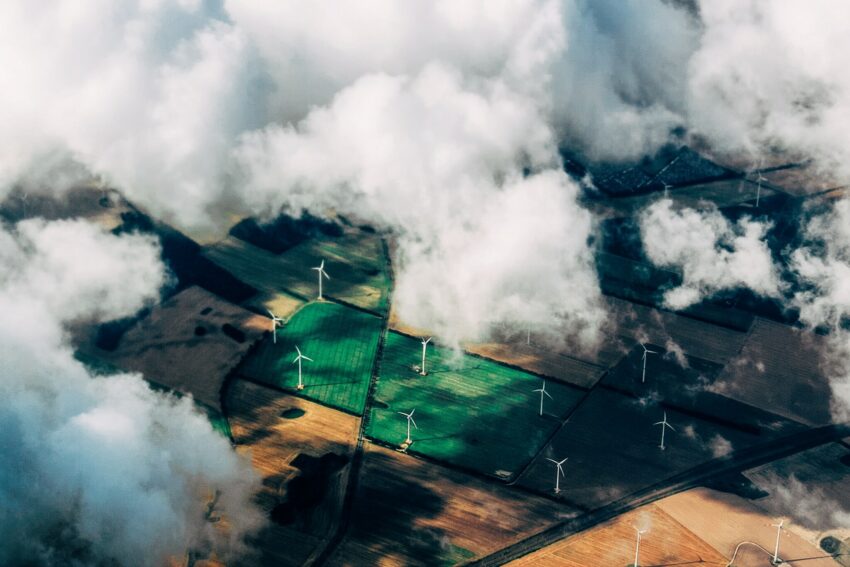Wij zijn Cardano
Nieuw denken, nieuwe horizon, grenzeloze impact
Wij gaan verder dan financieel rendement; we dragen bij aan pensioenzekerheid en de overgang naar een duurzame wereld.
Leider naar een duurzame wereld
En dan is daar internet. In 1993 krijgen consumenten toegang. Het geeft ons leven een geheel nieuwe dimensie. Niemand kan overzien hoe het de wereld zal veranderen. De innovators omarmen het vanaf het begin en ontwikkelen een nieuwe visie. De meerderheid wacht af.
Nu is er de transitie naar een duurzame maatschappij. Impact maken. Rendement alleen is niet meer voldoende. Een nieuw economisch en maatschappelijk paradigma gaat ons leven sturen.
Het vraagt om een nieuwe visie op succesvol ondernemen, op hoe je bestaansrecht behoudt, en op beleggen. Het vraagt om een nieuwe mindset en nieuwe methodes. En leiderschap.
Cardano helpt jou daarbij. Samen definiëren we een duidelijke visie, stellen we concrete doelen en helpen wij jou deze te implementeren.
Samen verwachtingen overtreffen
Ons doel is pensioenfondsen, verzekeraars, banken en vermogensbeheerders de verwachtingen van hun deelnemers of klanten te laten overtreffen. Dat gaat verder dan een goed rendement. Met onze dienstverlening bied jij jouw deelnemers of klanten een hoge mate van pensioenzekerheid, gemak en maak jij tegelijkertijd een veilige en duurzame wereld mogelijk. Samen verhogen we zo op verrassende wijze de kwaliteit van hun leven.
Samen verwachtingen overtreffen
Ons doel is pensioenfondsen, verzekeraars, banken en vermogensbeheerders de verwachtingen van hun deelnemers of klanten te laten overtreffen. Dat gaat verder dan een goed rendement. Met onze dienstverlening bied jij jouw deelnemers of klanten een hoge mate van pensioenzekerheid, gemak en maak jij tegelijkertijd een veilige en duurzame wereld mogelijk. Samen verhogen we zo op verrassende wijze de kwaliteit van hun leven.
Sinds onze oprichting onderscheiden wij ons als pioniers in financieel risicomanagement en duurzaam beleggen. We groeien in 25 jaar uit tot experts in het vergroten van zowel financiële als niet-financiële impact. In Nederland en het Verenigd Koninkrijk beheren we een vermogen van €60 miljard voor ongeveer 70 partijen. Daarmee bereiken we meer dan 1,5 miljoen mensen. Met onze klanten hebben we een sterke relatie, veelal van tien jaar of langer.
Sinds onze oprichting onderscheiden wij ons als pioniers in financieel risicomanagement en duurzaam beleggen. We groeien in 25 jaar uit tot experts in het vergroten van zowel financiële als niet-financiële impact. In Nederland en het Verenigd Koninkrijk beheren we een vermogen van €60 miljard voor ongeveer 70 partijen. Daarmee bereiken we meer dan 1,5 miljoen mensen. Met onze klanten hebben we een sterke relatie, veelal van tien jaar of langer.
Diensten
We bieden gespecialiseerde diensten en beleggingstrategieën aan, gericht op het creëren van pensioenzekerheid, gemak en duurzaamheid. Hiermee ondersteunen we jou in elke stap van het beleggingsproces.



